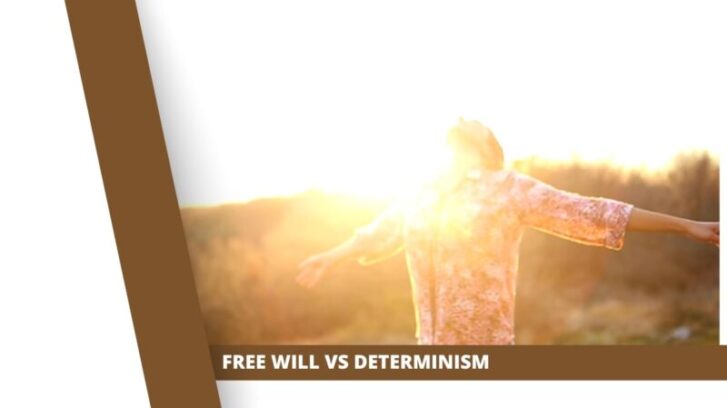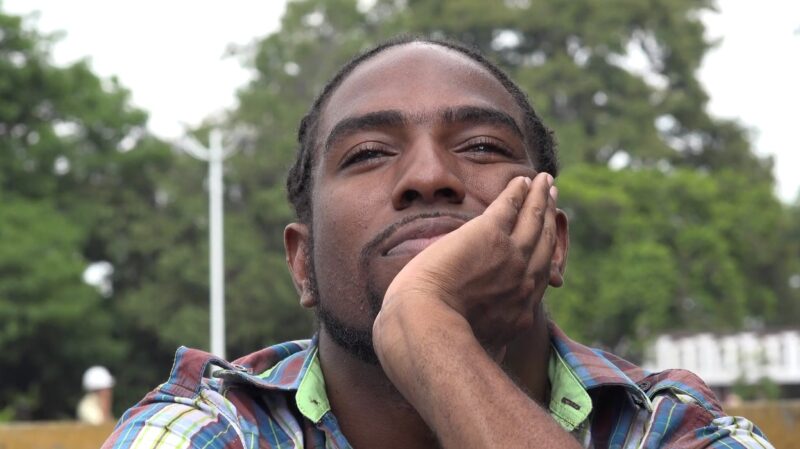In the domain of psychology, the debate between free will and determinism has been at the forefront for centuries. Free will pertains to the belief in autonomy, that we, as individuals, have the power to make our own choices and decisions.
Conversely, determinism postulates that our decisions and behaviors are invariably influenced by previous events or natural laws. The core of this discussion hinges on the question: are our actions, thoughts, and feelings predestined, or are they products of our own free will?
Determinism has its roots in many scientific disciplines, such as physics, biology, and psychology, where it is often linked to causality—the idea that everything has a cause or reason. The deterministic view supports that human behavior is predictable and governed by internal or external factors, making us somewhat akin to sophisticated machines.
Free will, however, suggests that humans have the ability to make genuine choices that are not dictated by natural laws or environmental influences. It champions the notion of responsibility, implying that we have control over our actions and, therefore, can be held accountable for them.
Determinism in Depth
The concept of determinism asserts that every event, including human cognition and behavior, decision-making, and even feelings, are causally determined by an unbroken chain of prior occurrences. There are multiple forms of determinism, each focusing on different causes, including physical, biological, psychological, and social determinism.
Physical determinism, or scientific determinism, maintains that all events in the universe are governed by physical laws. Thus, if one had enough knowledge of the laws of nature and the current state of the universe, it would theoretically be possible to predict future states with absolute certainty.
Biological determinism attributes behavior and mental processes to genetic factors and physiological conditions. This means that our behavior is largely dictated by our genetic makeup and brain structure, which we inherit from our parents and cannot control.
Psychological determinism argues that our past experiences, memories, and learned behaviors shape our present decisions and actions. Similarly, social determinism posits that our social environment and cultural norms influence our behavior and decisions.
Free Will Explored
Free will stands on the other side of the spectrum, advocating for the human capacity to make uncoerced choices. This philosophical standpoint can be further broken down into two main categories: libertarianism and compatibilism.
Libertarianism holds that individuals have complete free will and that this is incompatible with determinism. In other words, if our actions are predetermined, then we cannot truly be free.
Compatibilism, on the other hand, attempts to reconcile free will and determinism, arguing that they are not mutually exclusive. Compatibilists argue that determinism is not incompatible with free will—we can act according to our desires and preferences, even if those desires and preferences are influenced by previous events or experiences.
Experimental Evidence for Determinism
To lend perspective to the deterministic stance, a few key scientific studies and theories are worth mentioning:
The laws of physics
Our understanding of the universe, from the orbits of planets to the behavior of particles, relies on deterministic laws. These laws suggest that if we knew all the parameters of a system, we could predict its future with perfect accuracy.
Genetics and behavior
Research in behavioral genetics has shown that many aspects of our behavior are heavily influenced by our genes, from our risk of developing mental disorders to our personality traits.
Classical conditioning and operant conditioning
These well-established psychological theories show that behavior can be predictably manipulated through rewards, punishments, and associations.
Experimental Evidence for Free Will
Supporters of free will are not without their fair share of empirical evidence:
Quantum mechanics
Some interpretations of quantum mechanics suggest that the universe is not entirely deterministic. Quantum indeterminacy posits that it is impossible to predict with certainty the outcome of certain measurements.
Neuroscience and decision-making
Studies in neuroscience have found evidence suggesting that our brains make decisions before we’re consciously aware of them. However, these findings are also interpreted by some as evidence for free will, as it is thought that we may have the ability to veto these unconscious decisions.
The phenomenological experience of free will
Humans consistently report feeling as though they have free will, a subjective experience that is difficult to explain under a strictly deterministic framework.
Implications of Moral Responsibility
The debate between free will and determinism is not merely academic; it has substantial implications for our concepts of moral responsibility, law, and ethics. Under a deterministic view, if our actions are predetermined, and we can’t act otherwise, the concept of moral responsibility becomes problematic.
On the other hand, belief in free will can influence our behavior. Research shows that those who believe in free will are more likely to act ethically, show increased helpfulness, and demonstrate decreased aggression. It’s evident that this debate impacts not only our worldview but how we interact with others and society at large.
The Middle Ground: Soft Determinism
Soft determinism, also known as compatibilism, might offer a possible resolution to the free will versus determinism debate. It suggests that deterministic and free actions are not mutually exclusive. In other words, our actions can be both causally determined and freely chosen.
For example, if a person has a phobia of spiders, the sight of a spider (external stimuli) will cause the person to feel fear (behavioral response). However, how the person reacts to that fear—whether they decide to kill the spider, run away, or face their fear—is a matter of personal choice, demonstrating the coexistence of determinism and free will.
Role in Therapy: Cognitive Behavioral Therapy (CBT)
The debate of free will and determinism even trickles down to the therapeutic context. Cognitive Behavioral Therapy (CBT), for instance, adopts a kind of soft determinist view. It acknowledges that our thoughts, feelings, and behaviors are influenced by our past experiences and learned behaviors (a deterministic perspective), but it also empowers patients to recognize and change maladaptive patterns (indicative of free will).
CBT therapists guide their patients in identifying dysfunctional thoughts and behaviors, understanding their origin, and then working to change them. This therapeutic approach beautifully exemplifies how an understanding of both determinism and free will can lead to effective psychological treatment.
Role in Therapy: Psychoanalysis
Psychoanalysis, a therapeutic approach developed by Sigmund Freud, also leans into determinism by exploring how unconscious forces, shaped by past experiences and innate drives, influence our behavior and choices. However, by making the unconscious conscious, individuals gain insight and can experience changes in their behaviors and feelings, thus revealing an element of free will within the deterministic framework of psychoanalysis.
Freud’s concept of defense mechanisms, for instance, is a deterministic notion implying that our unconscious employ certain strategies to protect us from unpleasant emotions. But with awareness, individuals can choose to respond differently, again hinting at the presence of free will.
The Future of the Debate
Despite centuries of philosophical and scientific inquiry, the debate between free will and determinism remains unresolved. It’s likely that this discourse will continue to evolve as our understanding of the universe and ourselves within it deepens.
Recent advancements in neuroscience and quantum physics have added fresh perspectives to this age-old debate, challenging traditional deterministic views. As we make new scientific discoveries and continue to philosophize about the nature of our existence, it’s likely that our understanding of free will and determinism will become more nuanced.
Concluding Thoughts
To conclude, while the free will versus determinism debate continues, it’s important to appreciate the insights offered by both perspectives. Determinism helps us understand the extent to which our behavior is shaped by factors beyond our control, from the laws of physics to our genetic makeup and upbringing.
However, the belief in free will upholds the notion of personal responsibility and autonomy, which are vital for societal structure and personal growth. Recognizing the potential coexistence of these two forces, as compatibilists argue, might not only bring us closer to the truth but can also provide us with valuable tools to navigate life and understand human behavior.

















